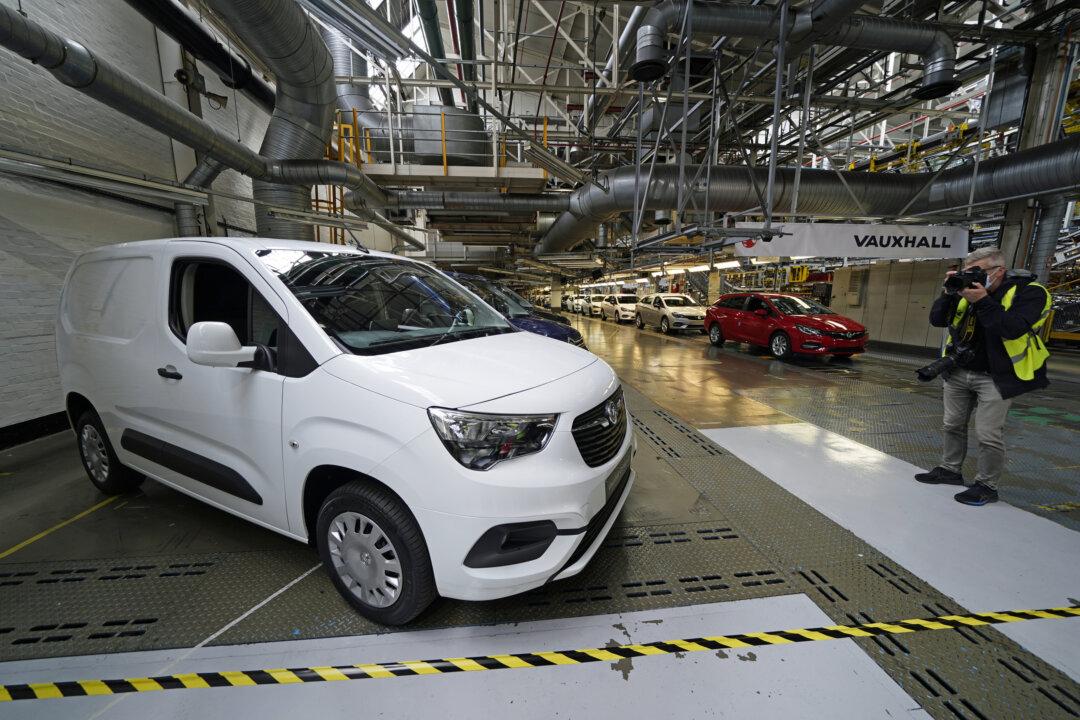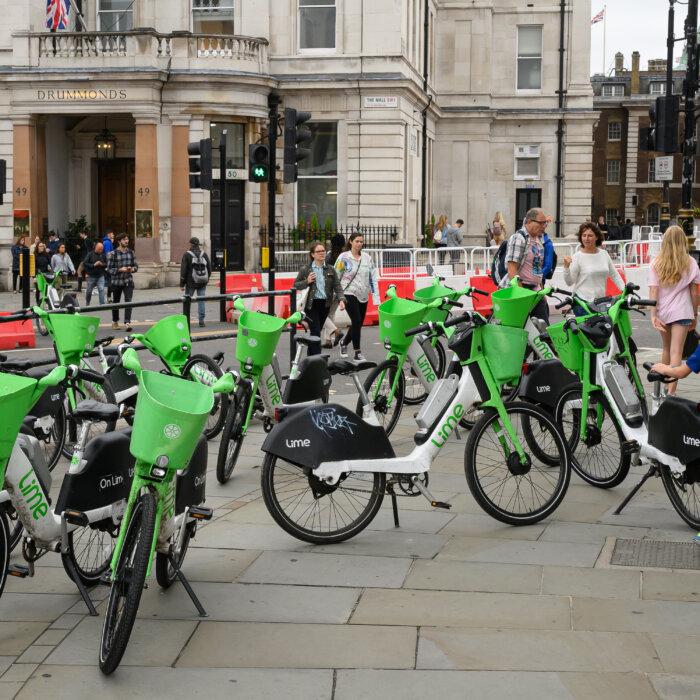The boss of Stellantis has warned it may halt UK production at its Vauxhall electric vehicle factory over conditions tied to the Zero Emission Vehicle Mandate.
On Tuesday, Stellantis UK managing director Maria Grazia Davino told the Society of Motor Manufacturers and Traders (SMMT) that a decision on the future of its factories could come in “less than a year.”
‘There Will Be Consequences’
At the event, Ms. Grazia Davino said that the “fact is that the demand is not there, following the expectation and the glide path designed by the government.”“And we need to support that demand growth. And we need the government also to support it,” she said.
She was asked if the company could survive under the current framework and continue to grow if the government does not offer any support to manufacturers in order to meet the ZEV mandate’s quota.
The Tories brought a Zero Emission Vehicle (ZEV) mandate which means that 22 percent of each manufacturer’s new vehicle registrations must be zero-emission. Manufacturers that fail to meet mandated thresholds will be fined £15,000 per internal combustion engine (ICE) car sold above the limits.
“The answer is yes, we can continue to grow, but in the UK there will be consequences for sure on the production setup,” she said.
“Stellantis UK does not stop, but Stellantis production in the UK could stop” she added, saying that “that’s not what we want to do.”
“But you have to have advantages to build in a country. We have undertaken big investments both in Ellesmere port and in Luton and more to come. But if this market becomes hostile for us, then we will enter an evaluation of producing elsewhere,” she said.
She said that the company could “then invest elsewhere or disinvest from here and go elsewhere when I don’t have a plan for this because this is not the decision that is now under on the table.”
Manifestos
With all election manifestos now published, a ban on new petrol and diesel cars by 2030 will almost certainly be on the next government’s legislative agenda, if it is to follow through on its electoral promises.In its manifesto, Labour, which is the favourite to win the election, said that it “will support the transition to electric vehicles by accelerating the rollout of charge points, giving certainty to manufacturers by restoring the phase-out date of 2030 for new cars with internal combustion engines, and supporting buyers of second-hand electric cars by standardising the information supplied on the condition of batteries.”
The Conservative government said that the decarbonisation of cars and vans “is a priority for achieving net zero” and announced the deadline for the last sale of internal combustion engine vehicles would be delayed by five years to 2035.
The Epoch Times contacted Stellantis and the Department for Energy Security and Net Zero for comment.







